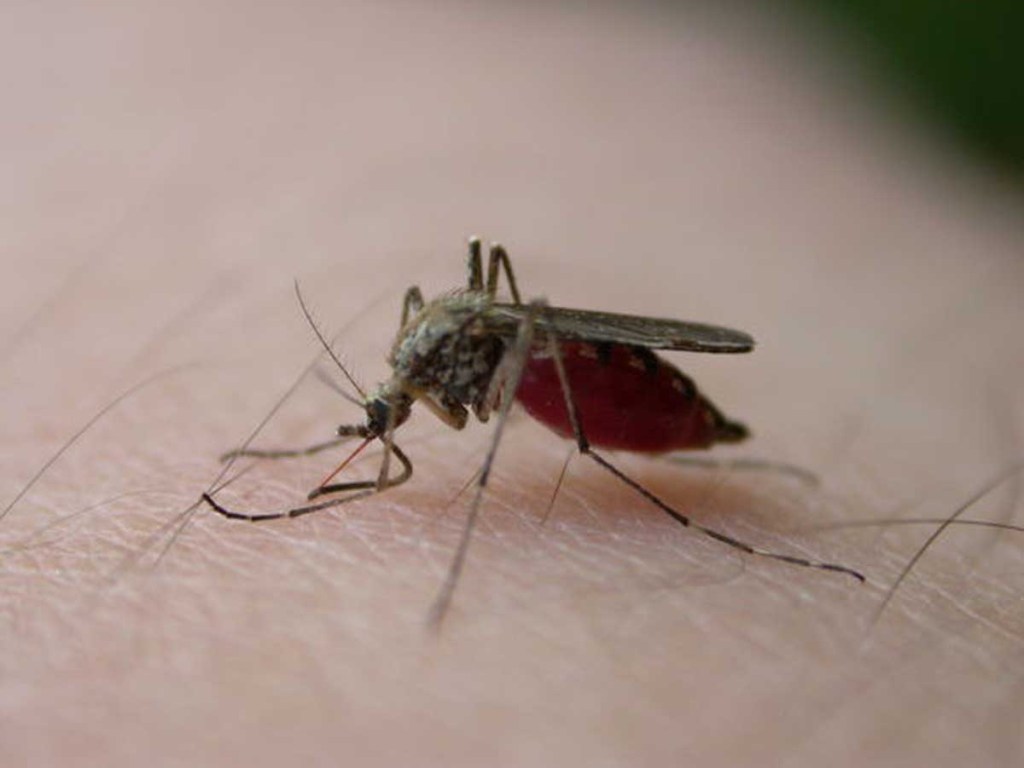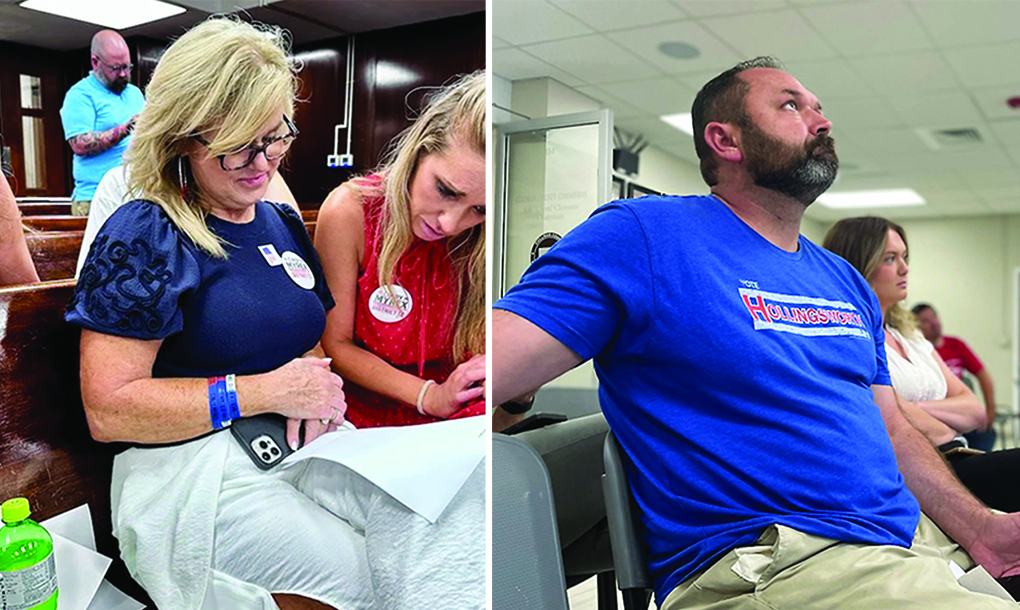Prevent mosquito bites around your home, when traveling
Published 1:22 pm Thursday, August 1, 2024

- Mosquito
The Alabama Department of Public Health is cautioning the public about preventing mosquito bites to protect from mosquito-borne diseases. In Alabama, mosquito-borne diseases include Eastern equine encephalitis virus and West Nile virus. According to the ADPH, WNV is the leading cause of mosquito-borne disease in the continental United States. Both WNV and EEEV can cause severe illness and death. No vaccine and no specific treatments are available for either condition. Therefore, the best defense against these diseases is to prevent mosquito bites.
To prevent mosquito bites:
Trending
— Use insect repellents.
— Wear long sleeves, long pants, and loose-fitting, light-colored clothes when possible.
— Use air conditioning or screens on windows and doors.
— Since mosquitoes tend to lay eggs near standing water, empty and scrub, turn over, cover or throw out any items that hold water.
— Stay indoors during dawn and dusk hours when mosquitoes are most active.
Mosquito-borne diseases such as dengue, Zika, chikungunya and malaria may be acquired during international travel. Transmission of these diseases occurs primarily in tropical and subtropical areas. This year, more than 10 million cases of dengue have been reported in North, Central and South America and the Caribbean. Local transmission of these diseases may occur when an infected traveler returns home and is bitten by a mosquito that picks up the virus or parasite and then transmits it to another person during its next blood meal.
Trending
To prevent mosquito bites while traveling:
— Learn more about travel-related health risks at nc.cdc.gov/travel
— Pack insect repellent and protective clothing.
— Look for lodging with screens or air conditioning or pack a mosquito net.
— If traveling abroad, find out if vaccines for mosquito-borne diseases are available.
— After your trip, watch for symptoms and prevent mosquito bites for three weeks.
If you believe you have symptoms of a mosquito-borne disease, seek testing and care from your healthcare provider. To learn more about mosquito-borne diseases, visit alabamapublichealth.gov/mosquito/ and cdc.gov/niosh/topics/outdoor/mosquito-borne/other.html






